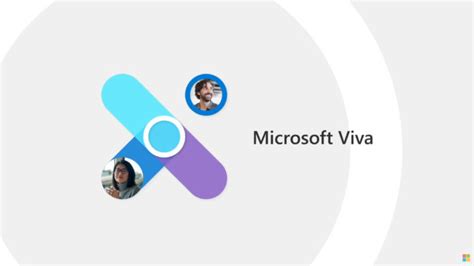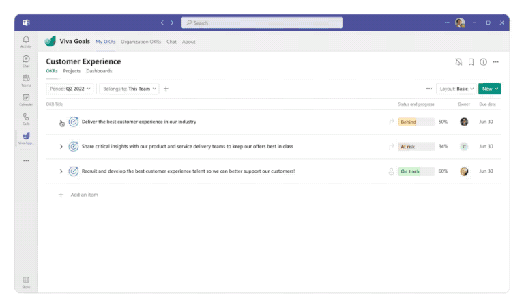With the annoucement the Viva Sales platform, Microsoft aims to help organisations harness the power of their existing CRM platform and seamless expose this within and across Microsoft Teams and Office 365 without third party apps, plug-ins, or data exchange tools. Microsoft’s goal is a native, common and familiar experience regardless of an organisations choice of CRM system.

Image: (c) Microsoft
This approach is not unique to Microsoft. Salesforce’s acquisition of Slack last year was in part to enable them to ramp up their communications tools for sales teams. Microsoft, however, is not looking to compete directly with Salesforce or any specific CRM vendor. Microsoft’s goal here is more around “filling gaps” left behind by legacy and traditional CRM systems that done provides the “smarts” that systems like Salesforce and Dynamics 365 provide for example.
In the official announcement of Viva Sales, Microsoft said:
We definitely think people benefit from a CRM system, the difficulty is, a lot of what’s happening between a customer and a salesperson is actually never recorded in the CRM system, because it’s just too tedious.”.
Jared Spataro | Corporate VP for Microsoft 365
What does Viva Sales do?
Due for release in Q4 2022, Viva Sales will allow sales and marketing teams to automatically synchronise data between any, and all, of their communications applications such as Microsoft Teams and Outlook, and their CRM system which does not have to be Dynamics 365 either. This is like the Salesforce’s Sales Cloud and Slack integration, and what Microsoft have done natively with Dynamics 365 and Teams.
In their official blog, Microsoft describe Viva Sales as a intelligent service which enables sellers to capture insights from across Microsoft 365 and Teams, eliminate manual data entry, and receive AI-driven recommendations and reminders – while staying in the flow of work. Viva Sales promises to streamline the seller experience by surfacing the insights with the right context within tools people already use, without them needed to dip in and out of their CRM therefore saving time and ensuring that the CRM becomes part fo the core workflow without compromise on the productivity tools the teams use across the wider organisation.
Microsoft say that Viva Sales will work with any CRM to automate data entry and brings AI-powered intelligence to sellers in Microsoft 365 and Microsoft Teams.
The key benefit for organisations using Viva Sales is that is that Viva is already (naturally) integrated with Microsoft Teams and Outlook which are used and adopted.
The launch of Viva Sales isn’t just about sales however. What!!!?, Well, Microsoft has a much broader vision with Viva to provide a layer of intelligence across its entire Office 365 suite and Teams. This strategy is demonstrated by the incredible reach and integration available through the Microsoft Graph – a major part of strategy for moving beyond the underlying enterprise resource planning tools and more towards the type of workflow play displayed and respected by the likes of ServiceNow.
A Change of Approach
This approach is a strategic shift for Microsoft. In the past, Microsoft’s go-to-market strategy was to require their customers to choose their products such as Teams and Dynamics 365 over the say WebEx, Zoom and then Salesforce or HubSpot. With Viva Sales, this is now about choosing what products work for you and then leveraging the intelligence services through Viva and the Microsoft Graph to bridge them together and provide data intelligence on top.
“The most significant thing about this announcement is we are saying … choose whatever you want to choose — what we actually think will be most valuable over time will be the layer of intelligence that binds it all together.”.
Microsoft
Microsoft have compared the enterprise software industry to that of a city, where it is built from the ground up. For example, If Azure, AWS and GCP are the city’s foundations, then SaaS applications and workflow are its roads and buildings.
“People will keep putting money into sewers and roads and stuff like that,” he said, “but a lot more money goes into the hardware put on top.”
What do you think?
What do you think of the announcement? Is this a good move for Microsoft or are sellers better off just working in their native CRM?
Like what you read, why not subscribe?




